Thinking Beyond the 401(k): Why a Second Home Could Be Your Retirement Power Move
When people plan for retirement, the focus usually falls on savings accounts, investment portfolios, and pensions. But what if another asset—a second home—could unlock freedom, comfort, and financial upside in your golden years? It’s more than a vacation luxury—it can be a smart lifestyle and financial choice.
What Exactly Is a Second Home?
A second home is typically a residence you live in part of the year—think beachfront cottages, cozy mountain cabins, or countryside escapes. Unlike rental-only properties, a second home is your personal sanctuary first, and potentially a money-maker second.
Rethinking Retirement: It’s Not Just About the Numbers
Sure, having a healthy nest egg is essential. But retirement is also about where and how you live. The right property can help you enjoy a richer, more fulfilling lifestyle filled with comfort, convenience, and connection.

Financial Upsides of Owning a Second Home
Potential Property Appreciation
Real estate can grow in value over time—especially in high-demand or up-and-coming areas. That appreciation builds equity while offering you a place to enjoy today.
Passive Rental Income
When you’re not staying there, you can rent out your second home on platforms like Airbnb or VRBO. Seasonal or short-term rentals can help cover costs—or even generate surplus income.
Tax Advantages (Depending on Use)
Depending on how often you live in or rent out the home, you may be able to deduct mortgage interest, property taxes, or even rental expenses. A quick chat with a tax advisor can help you make the most of it.
Long-Term Wealth Building
Unlike stocks, a second home is a tangible asset you can live in, share, and even leave behind for your family.
Lifestyle Benefits That Add Up

Your Personal Escape
Whether it’s sipping coffee by the lake or reading a book by the ocean, a second home gives you a retreat that’s truly yours.
Seasonal Flexibility
Why endure harsh winters or unbearable summers? Enjoy the flexibility to split your time between two ideal climates.
Quality Time with Loved Ones
Use your second home to host holidays, vacations, or reunions. It becomes a memory-making destination for kids, grandkids, and friends.
Choosing the Right Spot
Proximity to Family and Medical Care
Consider staying close to loved ones and quality healthcare services—especially as you age.
Cost of Living Differences
States like Florida, Tennessee, and North Carolina offer tax-friendly benefits and lower living costs, making your money go further.
Climate Considerations
If you have health concerns or just love sunshine, choose your location with comfort in mind—not just scenery.
How to Afford a Second Home in Retirement
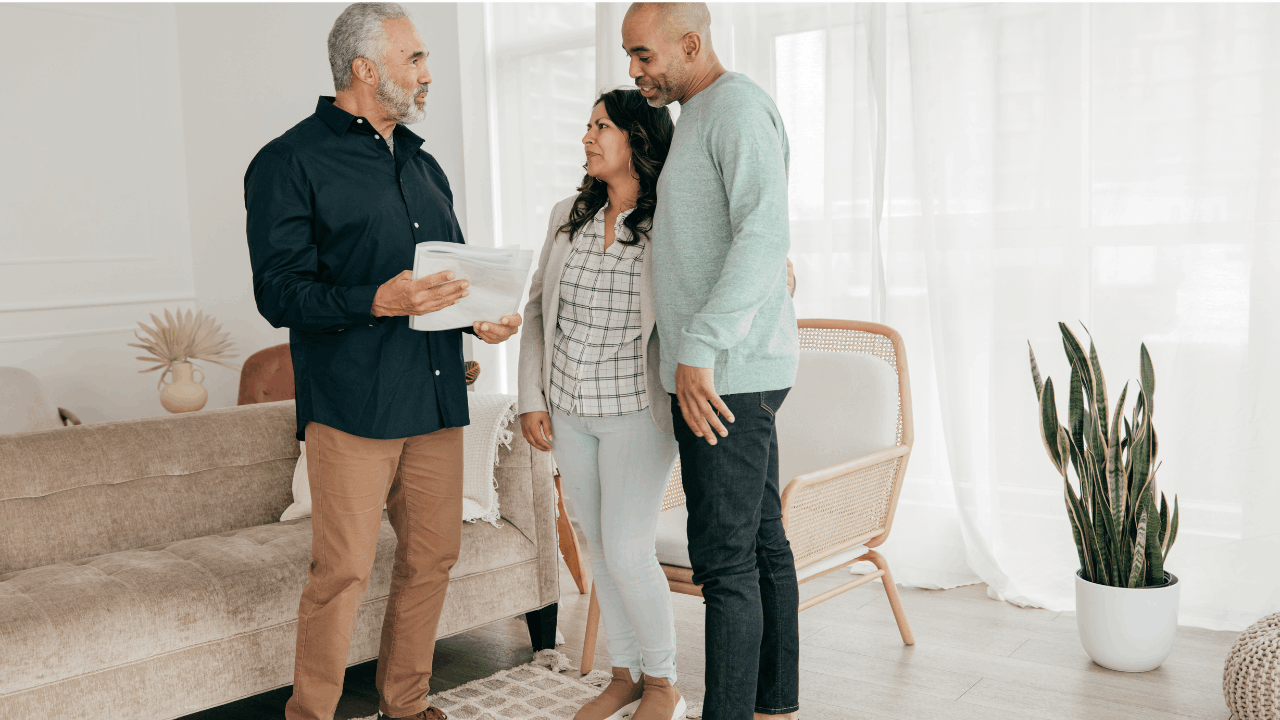
Tap Into Home Equity
Have equity built up in your primary home? Use a refinance or HELOC to access cash for a second property.
Explore Retirement-Friendly Loan Options
Yes, you can still qualify for a mortgage after retirement. Lenders often accept income from Social Security, pensions, and retirement accounts.
Consider Downsizing
Selling a large family home and moving into a smaller primary residence can free up cash for your second property.
Owning Two Homes: What to Know
Stay on Top of Maintenance
Double the homes means double the upkeep. Make it easier with smart devices, simplified landscaping, or professional help.
Hire a Property Manager
Not nearby? A local manager can oversee everything from cleaning to guest check-ins, making things stress-free.
Offset Costs with Rentals
You don’t have to choose between personal use and profitability—rent it part-time when you're not there and let it contribute to your retirement income.
Risks to Keep on Your Radar
-
Market Volatility: While real estate generally appreciates, it’s not immune to short-term dips.
-
Extra Costs: Insurance, utilities, HOA dues, and maintenance can add up. Budget accordingly.
-
Emotional vs. Practical: Make sure you're buying for both love and logic. That mountain view might be gorgeous—but is it accessible and convenient?
Ask Yourself These Key Questions
-
Is your budget ready for two homes?
-
Will you visit the second property enough to justify the cost?
-
Are you open to short-term renting?
-
Do you want to manage—or outsource—maintenance?
If you're answering "yes," a second home could be the lifestyle upgrade and wealth builder you’ve been waiting for.
Conclusion
A second home isn’t just a dream getaway—it’s a way to elevate your retirement lifestyle, add financial security, and create meaningful experiences. Whether it's a lakeside cottage or a desert retreat, it may be just what you need to make retirement feel like the start of something even better.
FAQs
1. Can I rent out my second home and still get tax breaks?
Yes—depending on your usage and how many days it’s rented out. Always consult a tax expert for guidance.
2. Where are some of the best retirement-friendly locations for a second home?
Florida, Arizona, the Carolinas, and parts of the Southwest often rank high for affordability, healthcare access, and climate.
3. Is it hard to manage two homes?
Not necessarily. Smart home tech and property managers make it easier than ever.
4. What are common ways retirees finance a second home?
Popular options include using equity from their main home, downsizing, or securing a second-home mortgage.
5. Should I rent it year-round or just occasionally?
That depends on your income goals and how often you plan to use it yourself. Both options can work well depending on your lifestyle.
Categories
Recent Posts
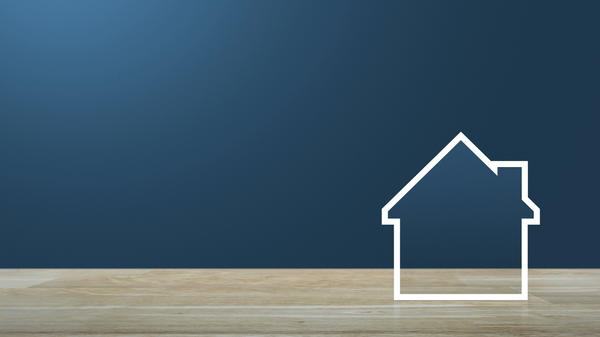

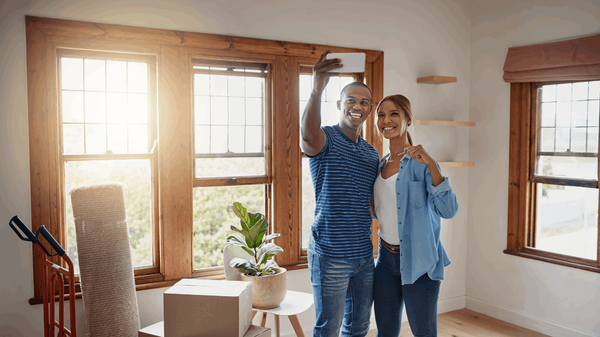
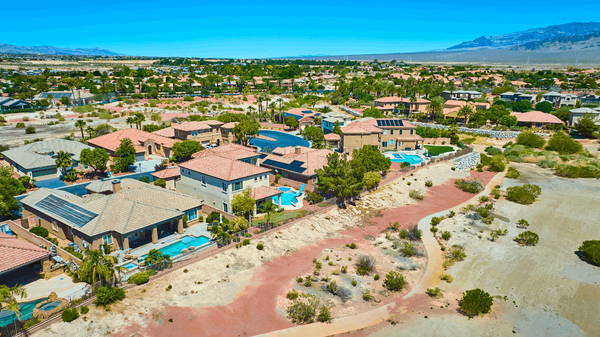

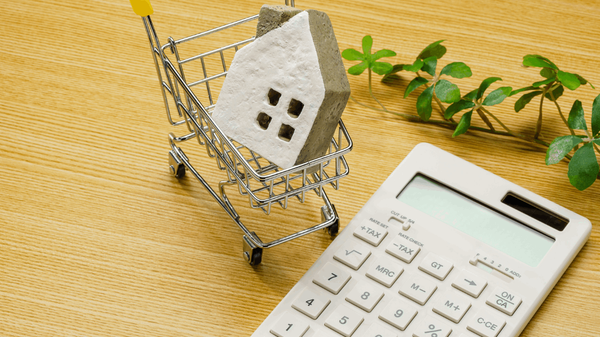
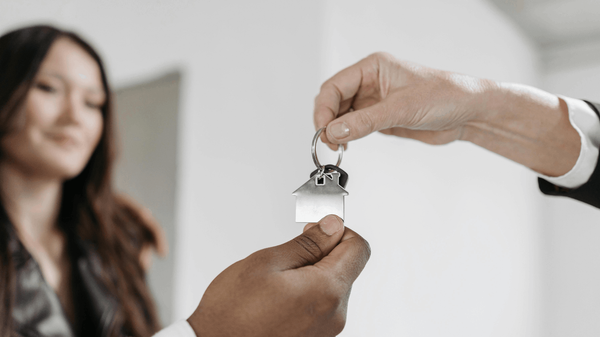
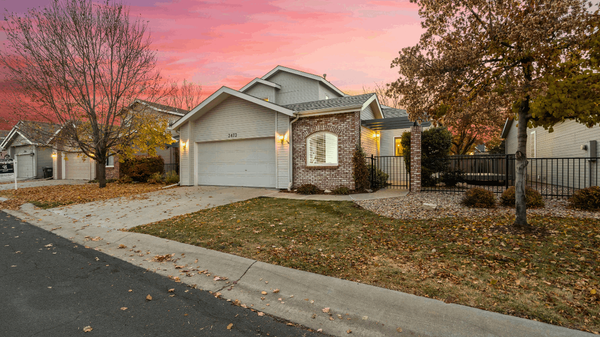
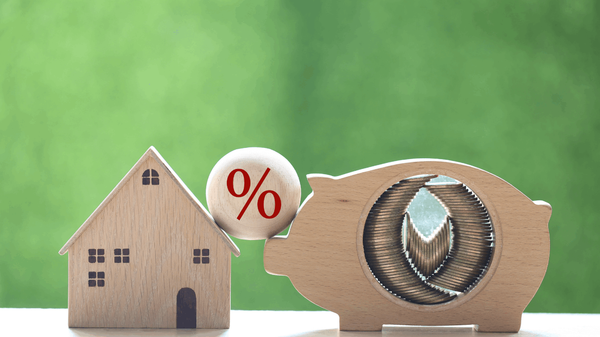


7997 W. Sahara Ave. Suite 101, Vegas, NV, 89117, United States
